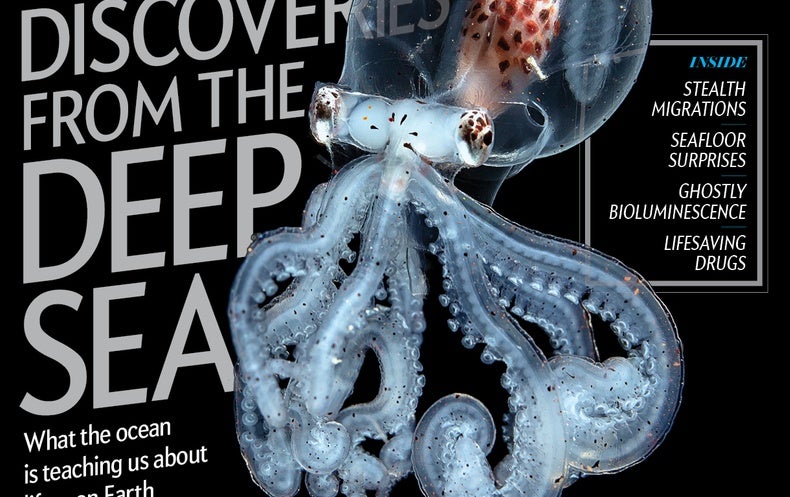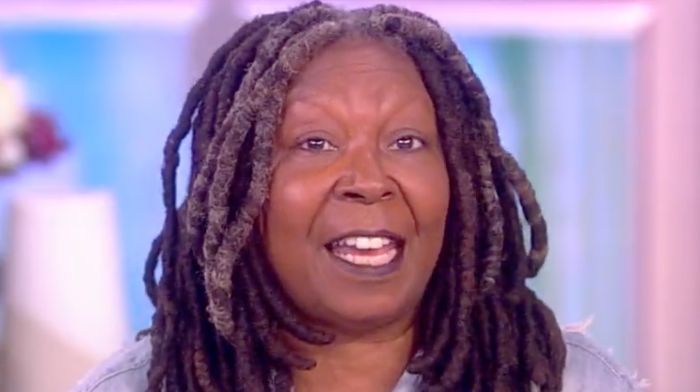Danni Sanders, the transparently needy protagonist of Not Okay, has goals, but no real grasp of the work they require. They’re more like impatient expectations set to the warp-speed time frame of texting. Her burning aspiration is to be a writer — i.e., someone who’s famous and has lots of followers — a goal that turns into a reality as the result of a bit of attention-hungry social media fakery that she compounds with heinous lies. But as awful as she is, she’s also sweet; without pushing it or insisting that we like her, Zoey Deutch, an actor with considerable comic chops and charisma, finds the vulnerability beneath Danni’s bluster. And so even though we know, in the movie’s opening moments, that she’s headed for a fall, the film percolates with the dread that this will be the redemption story of someone who could be the poster child for white privilege and Generation Z self-absorption.
It’s a friction that writer-director Quinn Shephard addresses with tongue-in-cheek bluntness in the feature’s final stretch, via an onscreen title and her own cameo. Whether she redeems her main character is open to interpretation, but she’s certainly intent on ensuring redemption for her film, which opens with the wry warning that it “contains flashing lights, themes of trauma and an unlikable female protagonist” — a caution about our prejudices and presumptions as much as Danni’s.
Not Okay
The Bottom Line
A better-than-OK mix of sharp and muddled.
Shephard, still in her 20s, understands the world of American youth, the cultural tropes and personality types, the THC and Lexapro, the dopamine hits delivered via smartphone notification ping. With Not Okay, she adopts a wider view than that of her girlhood-focused debut, Blame: A school shooting is a crucial background element of the story, and a late-night drugstore run for Plan B is effortlessly worked into the action. There’s no question of the finger-on-the pulse perceptiveness of the dark comedy, which premieres July 29 on Hulu, but it’s less deep than it wants to be, more muddled than hard-hitting. The tone wavers between broad swipes, sharp zings and character insight, the satire not so much sustained as striking in bursts.
Shepard’s reach might exceed her grasp, but there’s no question that she takes risks and is a filmmaker of notable promise. She also has an eye for talent, as she proved with the exceptionally well-cast Blame (one of whose standouts, Nadia Alexander, has a key supporting role here). At the center of the helmer’s second outing, newcomer Mia Isaac ignites the screen with grief and anger, a fiery counterweight to Deutch’s flimsy pretender, and a far more emotionally effective role for Isaac than her turn in the recently released misfire Don’t Make Me Go.
Deutch’s Danni and Isaac’s Rowan meet at a support group for people who have been directly affected by violence — the crucial difference between them being that Rowan’s experience, a mass shooting in her school, was real, while Danni’s proximity to a terrorist bombing is the stuff of fiction. She’s a photo editor at media outlet Depravity, vying for attention within its hyper-colorful open-space plan, one that, like most such gestures against barriers, adheres to a hierarchy where private offices are coveted. (Jason Singleton’s vivid production design also includes the ebullient clutter of Danni’s apartment, an expressive contrast to the composed symmetry of her parents’ well-appointed place.)
At work, and apparently everywhere else, Danni is friendless. She’s also a snob, ignoring the friendly chatter of fellow nonentity Kelvin (Karan Soni), her gaze focused on Depravity’s high achievers, rising-star reporter Harper (Alexander, playing a very different register than in Blame) and influencer Colin (a terrifically funny Dylan O’Brien), who moves through the world in a cloud of vaped smoke like a weed-boi spin on Pigpen from Charlie Brown. The spec piece Danni presents her editor (Negin Farsad), titled “Why Am I So Sad?,” notes that she “missed out on” the generational trauma of 9/11 because she was on vacation with her family. It doesn’t do the trick of lifting her into the ranks of the company’s writers. But she turns herself into one anyway, desperate to impress Colin and finding that her mention of a made-up trip to Paris for a writers’ retreat grabs his attention.
Putting her Photoshop skills to work, she also attracts the attention of more followers than she’s ever known with her beret- and baguette-adorned posts of her faux visit to the City of Light, most of them snapped in her unchic Bushwick neighborhood. Danni’s moment of glory in the social media sun hits a major snag when terrorist attacks devastate Paris. But instead of nipping the lie in the bud, she keeps milking it.
And why not, when her normally withholding mother (Embeth Davidtz) rushes forth with gifts of massage appointments and cups of cocoa and her father (Brennan Brown), a one-note joke of a weepy mess, offers wads of cash. The Queer Bowling team at work, led by Harper and Larson (Dash Perry), reverses its stance on annoying straight girl Danni and invites her to join. Best of all, her previously disdainful boss is now an admiring supporter, “honored” to publish Danni’s essays about her experience as a survivor.
In order to heighten the authenticity of her writing — and scoop up buzzwords on trauma — Danni attends a community center support group, led by the warm and sympathetic Linda (Tia Dionne Hodge). Here, as at work, she ignores the earnest nobodies, including Charles (Kirk White), who survived the attack on Ariana Grande’s 2017 Manchester concert. Instead she gloms on to the person with a sizable online following, Isaac’s Rowan.
A high schooler who’s become a gun safety activist since surviving a classroom shooting, Rowan injects a grounded energy into the film, not just with her brave struggle or her searing spoken word poetry, but with the way she listens and connects and encourages Danni to feel her own pain. In no time at all, Danni has repurposed their conversations and co-opted Rowan’s wise advice into a first-person article that proves a hit for Depravity and launches a hashtag frenzy. As manifestos go, #IAmNotOkay is vague enough to tap into real pain even as it’s built on fraud, vague enough to feel incisive while remaining yet another iteration of narcissism.
Such contradictions variously fuel and hobble the movie. As deliciously sharp as her digs at internet culture are — an especially strong sequence dives into a publicist-driven “event” built around photo ops, branding and breathless babble about “collabs” — the presence of real internet celebrities in Not Okay signals that this is not a takedown, but more a gentle love-hate letter of a critique.
Other than Rowan, Linda and other members of the support group, everyone is some sort of poser, striving for recognition. Even as she uses Rowan, Danni comes to care for her, stepping into the role of surrogate big sister with authentic admiration for the younger girl — flutters of deepening feeling that Deutch never overplays. Still, whatever guilt Danni feels about her deception, she’s too self-involved to think about what she’s doing to Rowan, until she’s forced to. That guilt is manifest in the image of the suspected Paris bomber: a lone wolf in a hoodie, a convenient narrative device that’s also murky, depoliticized and unbelievable. On the flip side, when the watchful, suspicious Harper reminds Danni that “people died” in the attacks, Shephard, to her credit, subtly emphasizes the packaged, shallow, Insta-emotion of that statement.
The piles of books in Danni’s apartment suggest that her interest in writing is real, or was at some point in her young life before being eclipsed by a hunger to be noticed. As in the 2017 feature Flower, Deutch can give a horrid character gravity-defying charm. In Danni she creates someone ridiculous but teachable. Shephard, winking most of the way, wisely undercuts the potential for sap, reminding us of Danni’s cluelessness at every opportunity. At the same time, she exposes the out-of-proportion, probably hypocritical opprobrium that her protagonist is ultimately subjected to. But the mic-drop moment that brings the story’s back-and-forth to a close pushes the woman at its center to the margins — a move perhaps as transparent as any of Danni’s but satisfying nonetheless.

























































